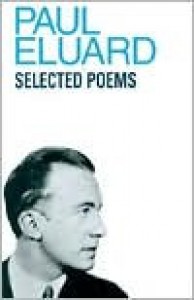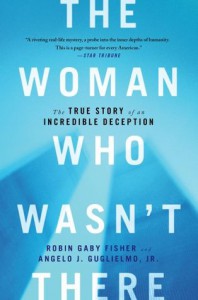
I found that there was much more to this than a simple story of deception. It addresses so many other phenomena that we have given names and attributed qualities to and are unable to see as anything else than what we know.
INVENTED REALITY vs (F)ACTUAL REALITYIn a world of internet and virtual communication, our perception of reality has been changing at a fast pace. But an invented reality that is incorporated into actual reality is a concept that leaves many of us aghast. It is called deception and we all know deception is bad, right?
Tania Head is a remarkable woman. One needs guts to invent a story and make it public for the world to see and scrutinize. One needs a pinch of madness as well.
Alicia Esteve (aka Tania Head) lied about being a 9/11 survivor, lied about losing a loved one, invented a love story with a man she never met and, most unbelievable of all, she lived this lie for years in front of myriad prying eyes. She became the poster-child of a significant even in world history and reveled in the attention. She would tell her story to anybody who would listen and she displayed symptoms of post-traumatic stress, bouts of depression and survival guilt.
Was she really that good of an actress?
She probably was. However, I can’t help but feel that the only way Tania Head could have sustained her lie was to live it. To
believe it. I am fairly certain that after a time Alicia Esteve became Tania Head in her own mind. She did live through it all; she did have a great love that she lost; she did struggle with the consequences of everything that happened. In the end, she did help a lot of survivors through their pain. She fought relentlessly for their rights, as many of the survivors themselves testify. Or did she? Did this really happen? If there was no Tania Head, if Tania Head was the invention of a sick mind, how was she a part of the 9/11 survivors’ organisation, how did she become its president, how did she chaperone New York’s most prominent men around Ground Zero?
Did Tania Head exist or did she not? Where does invented reality end and where does actual reality start?
The story of Tania Head is the story of everyone. If we look deep down, we might find that most of us have little invented realities that we live, secretly or openly, that give us guilty conscience or a purpose in life. Or even happy memories! For who is to say what reality really is?
GOOD vs BAD The true intentions behind this deception will probably never be known. Not even by the deceiver herself. As with anything, I doubt that there is one single thing that made her do what she did. It started out as a lie and the ball kept rolling until there wasn’t any stopping it. Whatever the initial thought, it is unlikely to have much to do with the final outcome. Whether it was a way to kill time, to feel important, to gain sympathy, in the end it turned out to be a life story. Furthermore, it turned out to be a life-changing story. A story of survival, of stoicism, of heroism. The eternal story of good defeating evil…until, in a split second, it became the story of evil violating good.
After the truth has come out, the general feeling has been of shock and betrayal. But the question remains of what would have happened if it had never been discovered? Would Tania Head have become the villain she is portrayed as today or would she have been canonized as the ultimate survivor? Is she bad because she lied to everybody or is she good because she helped so many people throughout the most horrific time of their lives?
Where is the fine line between
good and
bad? Is there a line between them? Are they two different concepts at all?
TRAGEDY AS A NECESSITYSeptember 11 has become an emblematic date in history. For all the suffering and unimaginable horror it brought about, this day now is an integral part of USA’s identity. It is often made reference to; it is still talked about; it is learned about in schools. It is a milestone of the past, the way many wars, disasters, dictatorships are.
And, as with any grand event, it became a tribune for all kinds of human emotions to be played out publicly. It created its heroes. It had its villains. It had its victims, both the dead and the living. It killed many lives, but gave purpose to many others.
It gave Alicia Esteve a reason to wake up in the morning.
In the wake of tragedy, many people thrive.
In a way, Tania Head was a collective image of all human faces that 9/11 represented. She was a victim of her own folly, a hero for some, the most devious villain. In her, like in everything, good and bad, true and false were inseparably intertwined – the same way she was with her fiancé who perished in the North Tower. Or so she claimed.
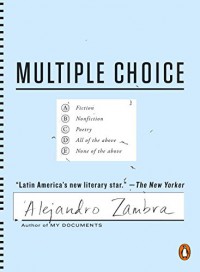 I agree with those who label this little book as pretentious, but I guess I don’t mind pretentious as long the author:
I agree with those who label this little book as pretentious, but I guess I don’t mind pretentious as long the author:
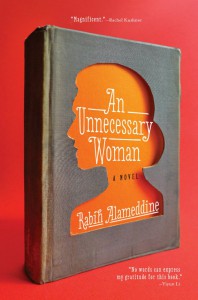

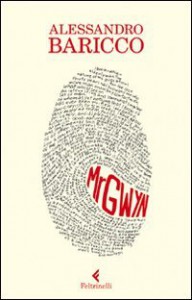
![The Collected Poems of Emily Dickinson [Illustrated] - Emily Dickinson](http://booklikes.com/photo/max/200/300/upload/books/49/2/502427c68393ca6ccc3416bf892be20d.jpg)
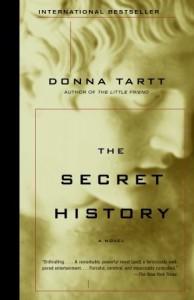

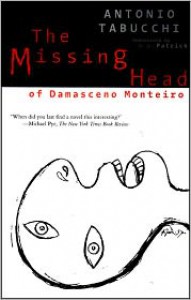

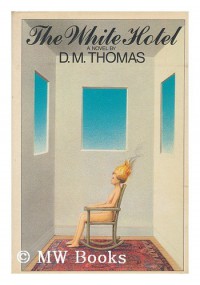

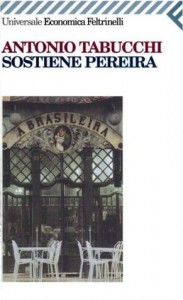
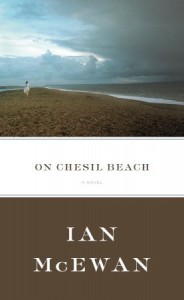
 1
1

